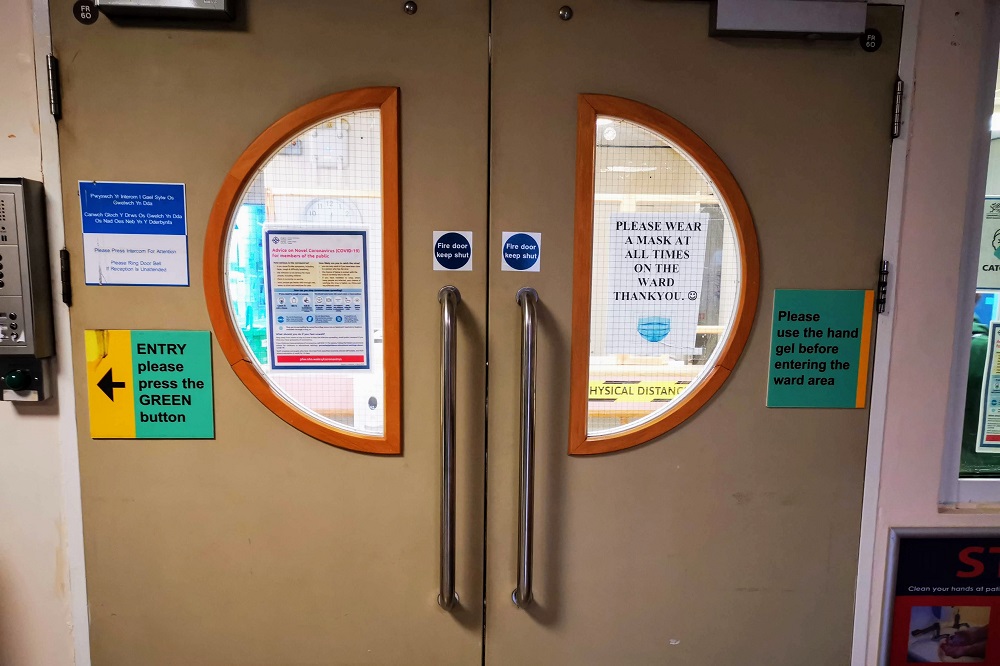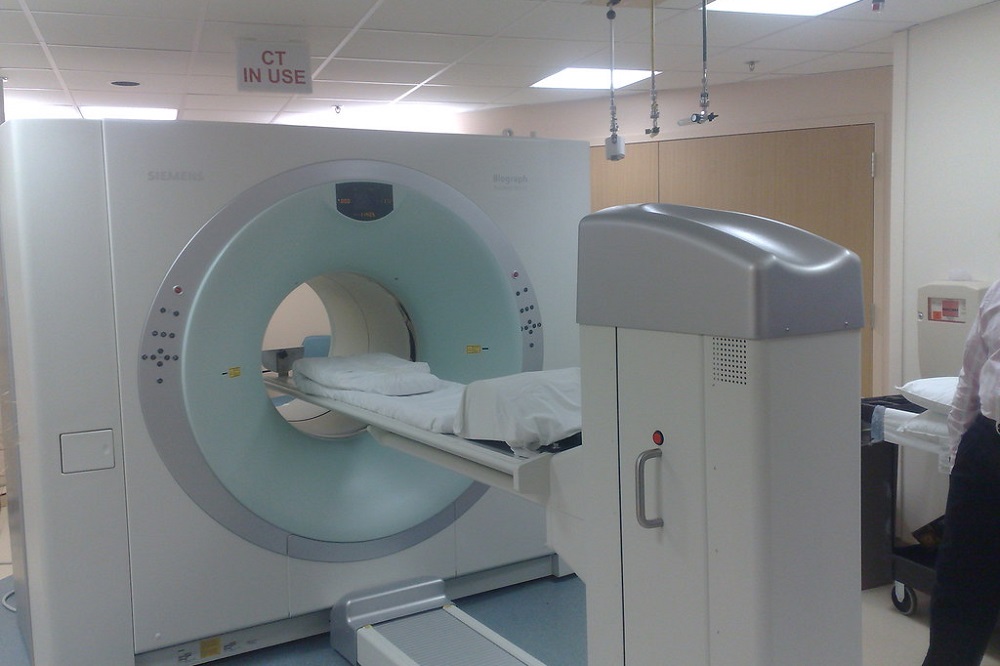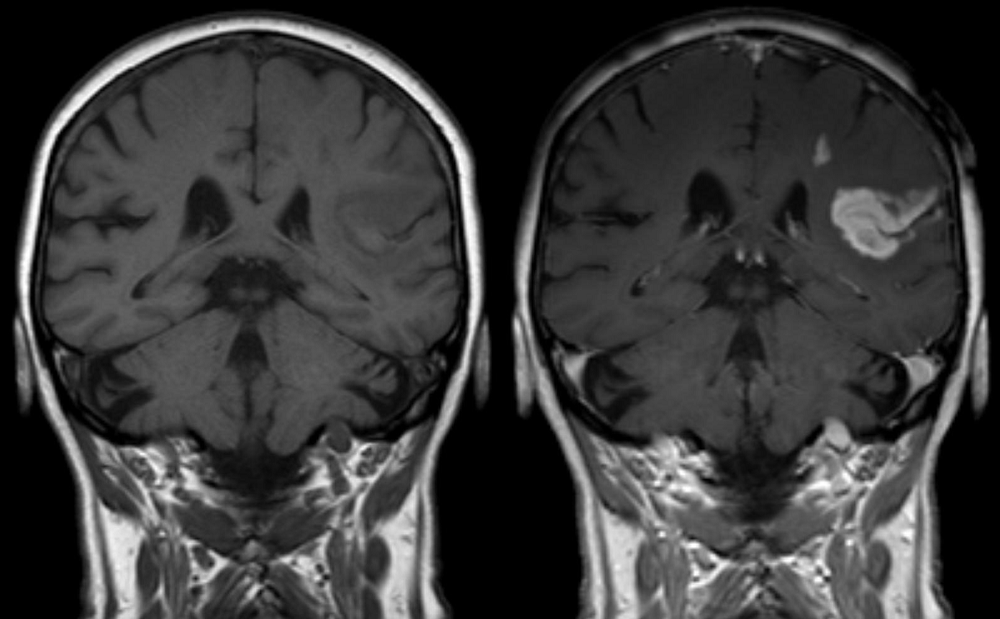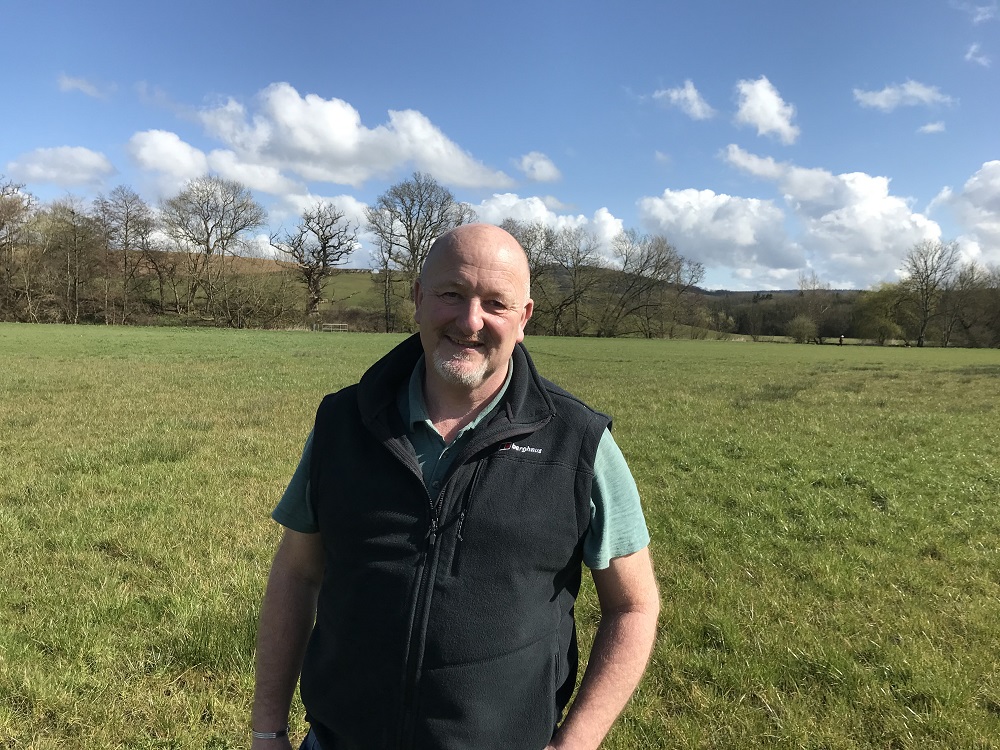News in brief: Waiting times in Welsh NHS reach record high

NHS waiting times in Wales have hit record levels, according to figures released today.
The overall waiting list for treatment in July hit an all-time high of 643,108, the equivalent of just over 20% of the Welsh population, while the number of patients waiting more than nine months to start hospital treatment has soared from 25,634 in February last year to 239,195 (a jump of 833%)
Hospital A&E units also recorded their worst ever performance figures, while the Welsh Ambulance Service recorded its second worst response times to the most critical calls since new targets were introduced in 2015.
The figures confirm that in August just 68.7% of patients spent less than four hours in A&E before being admitted, transferred or discharged – down from 69.8% in July which was itself a record.
Overall, 7,982 people had to wait more than 12 hours in urgent care departments – the highest number ever recorded, up from 7,084 in July.
Last month the ambulance service arrived at just 57.6% of life-threatening (red) calls within eight minutes. This is 6% lower than in August 2020 and 11% lower than in August 2019 and has failed to hit its target of reaching 65% of priority calls within eight minutes for over a year.
‘Unacceptable’
Commenting on today’s figures, Welsh Conservative Shadow Health Minister Russell George said: “We are seeing both emergency and elective treatment in the NHS reaching its limit right now. This is leading to unacceptable waits for patients and intolerable burnout for hard-working staff.
“However, this is not the new normal. Not long before the pandemic, the Labour-run NHS was regularly breaking all the wrong records. Among the Covid-related issues affecting public services, there are deep-rooted problems that have not been tackled in the devolution era.”
The Welsh government said although those waiting the longest continued to be at a record high, a higher proportion were waiting less than 26 weeks and the median waiting time fell slightly.
“Despite increasing pressures during unprecedented levels of demand and activity, our hardworking NHS staff continue to deliver high levels of care treating patients during a pandemic,” a spokesman for the government said.
Public Health Wales has confirmed six further deaths due to Covid-19 and 2,476 new cases of the virus in the past 24 hours.
In the seven days up to 18 September 17,652 people have tested positive for Covid in Wales, raising the weekly case rate to 559.9 per 100,000 people – up from 551 in yesterday’s report.
Neath Port Talbot continues to record the highest case rate in Wales at 875 a jump from 863.1 yesterday and has the second highest rate in the UK, behind West Dunbartonshire in Scotland’s 880.7.

Government to invest £25m in new hi-tech medical scanners
The Welsh Government will invest almost £25m in up to four new PET-CT scanners to improve the diagnosis of a wide range of medical issues and cut waiting times.
The new Positron Emission Tomography (PET) Computed Tomography scanners will be based in Cardiff, north Wales and Swansea and will replace Wales’ only fixed analogue scanner, in Cardiff, and the two analogue mobile scanners, which are based in southwest Wales and north Wales and will be replaced over the next five years.
The new scanners, which are subject to business case approval, will all be fixed, digital scanners – they will be able to perform more scans and with higher accuracy and reliability than the existing equipment.
PET-CT is an increasingly important diagnostic intervention for conditions such as cancer, heart disease and neurological disorders. In the case of cancer, the scan allows doctors to make a more accurately diagnoses and allows doctors to understand how tumours are reacting to treatment.
The technique involves injecting a low dose radioactive tracer into the body which is then absorbed at higher rates by tumours and allows doctors to visualise where the tumour is and how it is functioning.

Farmers welcome lifting of ban on Welsh Lamb exports to the USA
The Farmers’ Union of Wales has welcomed news that the long-standing ban on importing Welsh lamb into the United States could be lifted soon.
The US banned the import of UK beef and lamb in 1989 after the outbreak of BSE in some British cows. The ban of beef imports was lifted a year ago.
Prime Minister Boris Johnson told reporters the ban was likely to be lifted following trade talks with President Joe Biden at the White House earlier this week
“Now more than ever we need to explore other export markets while also protecting our long established markets in Europe. The US market is one we are keen to develop much stronger relationships with and the news that this ban could soon be lifted is most welcome news for our sheep industry,” FUW Deputy President Ian Rickman, said.
According to the FUW, the potential market for Welsh Lamb in the USA could be worth as much as £20 million a year within five years of the export restrictions being removed.

New plan for treatment of stroke survivors unveiled
Health Minister Eluned Morgan announced a long-term plan to improve the treatment of stroke patients in Wales.
Stroke is the fourth leading cause of death in Wales and can have a significant long-term impact on survivors of stroke.
There are currently around 70,000 stroke survivors living in Wales, and an estimated 7,400 people experience a stroke each year.
The government’s new quality statement outlines how services will change to improve the quality of care and reduce variations in care across Wales.
Dr Shakeel Ahmad, Wales’ national clinical lead for stroke will oversee a delivery plan to implement the new strategy and will also be supporting health boards to develop a network of comprehensive stroke centres to improve the treatment of survivors.
“A stroke happens in the brain – the control centre for who we are and what we do – and the impact can vary depending on which part of the brain is affected. It could be anything from wiping out your speech and physical abilities to affecting your emotions. But with fast, effective treatment and specialist support it is possible to make a recovery,” Director of the Stroke Association in Wales, Katie Chappelle, said.
“That’s why we’re excited to see this new plan for stroke in Wales. While some progress has been made to improve stroke care in recent years, there is still work to be done.
“We are committed to working with all those involved in stroke care in Wales to make sure stroke survivors in Wales get the best possible level of treatment.”

Proposals for food sustainability law selected in Senedd Member Bill ballot
A proposed new law to establish a more sustainable food system in Wales has been selected in the first Member Bill Ballot of the Sixth Senedd.
The proposed Food (Wales) Bill submitted by Peter Fox MS, was selected in a random ballot of Member entries and could be debated in the Senedd next month.
“I’m absolutely delighted that my Members’ Legislative Proposal was selected,” Mr Fox, MS for the Monmouth constituency, said.
“I brought forward this proposed Bill to establish a more sustainable food system here in Wales to strengthen food security, improve our socioeconomic well-being and enhance consumer choice.
“This Bill would have the potential to dramatically benefit the citizens and producers of this country.”
Mr Fox now has 25 working days to table a motion seeking the Senedd’s agreement to them introducing a Bill, based on the information proposed in the ballot process.
The motion will be debated by all Members of the Senedd in Plenary within 35 working days of the ballot, excluding the week-long recess beginning on 25 October.
If that motion is agreed, Mr Fox has 13 months to formally introduce a Bill.
Member Bill ballots are held several times over the course of a Senedd term, with the timings of the ballots determined by the Llywydd.

Council facing ‘huge challenge’ meeting affordable housing shortfall
Saul Cooke-Black, local democracy reporter
The scale of the challenge to provide enough affordable homes in the county has been outlined in a new local authority prospectus.
As of June this year, there were 2,400 people registered on Monmouthshire’s housing waiting list, with “significant numbers of homeless households in temporary accommodation”, the prospectus says.
At a meeting of the county council’s adults select committee on Tuesday, Cllr Roger Harris questioned how many affordable homes the council is expecting to build towards the shortfall of 468 per year.
“I can’t see anything in the report that says how we are going to achieve that,” Cllr Harris said.
The meeting heard that last year the council delivered 146 affordable homes, and this year about 80 are projected, though it is hoped this number will increase.
Cllr Harris called on the authority to progress plans to set up its own building company to help address the shortage, a scheme which the council announced it was considering in December.
Cllr Maureen Powell voiced ‘frustration’ over housing developments not going ahead due to local opposition, citing a scheme in Raglan for 111 homes, including 39 which would have been affordable as an example.
“We’ve got to try and educate people that there are people that need homes and we’ve got to make allowance for them,” she said.
The average house price in Monmouthshire is £359,159, according to data from August, up from £336,760 in September 2020.
This is much higher than the average house price in Wales, which is £216,152.
Cllr Martyn Groucutt asked how the increase in house prices was impacting people in the county.
Challenges
Mark Hand, the council’s head of placemaking, housing, highways and flooding, said the authority’s Replacement Local Development Plan aims to help tackle the issue, which he said is “one of the huge challenges” facing the county.
The proposed plan would provide 2,450 affordable homes up to 2033, with 731 731 of these already having planning consent, Mr Hand said.
The meeting also heard that the number of households in temporary accommodation has increased to 147, including 73 in bed and breakfasts.
Ian Bakewell, the council’s housing and regeneration manager said the rise was the result of changes in Welsh Government legislation.
Before this the council normally had around 10 households in bed and breakfast accommodation, the meeting heard.
Mr Bakewell said the council was trying to increase the amount of temporary and permanent accommodation available, as well ramping up its preventative work.
Support our Nation today
For the price of a cup of coffee a month you can help us create an independent, not-for-profit, national news service for the people of Wales, by the people of Wales.






I guess that would be Drakeford ” keeping us safe” ? Or possibly being an incompetent Marxist relying on a cowed population to keep them in power partly by weaponising the NHS? Welsh NHS even more of a shambles than England.